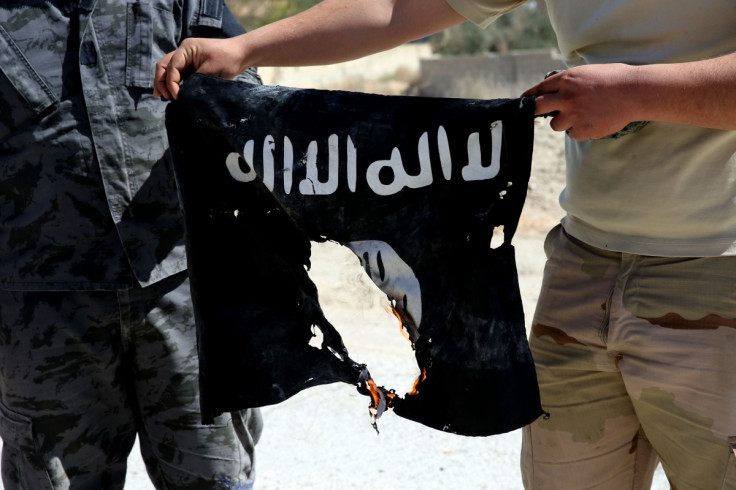UK unveils post-Brexit plan to cut funding for terror groups
New Sanctions Bill will allow ministers to impose sanctions after UK leaves the European Union in 2019.

The UK has set out plans to increase its powers in levying sanctions against terror groups once it leaves the European Union in 2019.
The new Sanctions Bill, which is modelled after existing EU sanctions legislation, will give the government the legal authority to cut off funding for terrorists by freezing assets and blocking access to bank accounts.
The UK currently imposes non-United Nations international sanctions through EU laws and must "reasonably believe" a person or group is involved in terrorism to target them.
Under the new plan, the government would only need "reasonable grounds" to suspect an individual or group of involvement in terrorism and sanctions are an "appropriate action", the Press Association news agency reported.
"The new Sanctions Bill will ensure that when the UK leaves the European Union, we retain the ability to impose, update and lift sanctions regimes, both to comply with our international obligations and in pursuit of our foreign policy and national security objectives," Europe minister Sir Alan Duncan said.
"This will enable us to impose sanctions as appropriate either alone or with partners in the EU and around the world, to take targeted action against countries, organisations and individuals who contravene international law, commit or finance terrorism or threaten international peace and security."
The bill will include an annual review of sanctions to ensure they remain appropriate and offer individuals and groups the opportunity to challenge the measures imposed upon them.
It will also include exceptions when required, for instance, to deliver humanitarian aid to regions affected by sanctions.
"These new powers will help us keep the British public safer from terrorist attacks by keeping money out of the hands of those wishing to cause us harm," treasury minister Stephen Barclay said.
"Our counter terrorist financing proposals will make it easier for law enforcement and government to impose sanctions on those that present a threat to our national or international security."
The UK is currently involved in more than 30 sanctions regimes, including against countries like Russia, Iran and North Korea and terror outfits such as Isis.
© Copyright IBTimes 2025. All rights reserved.






















